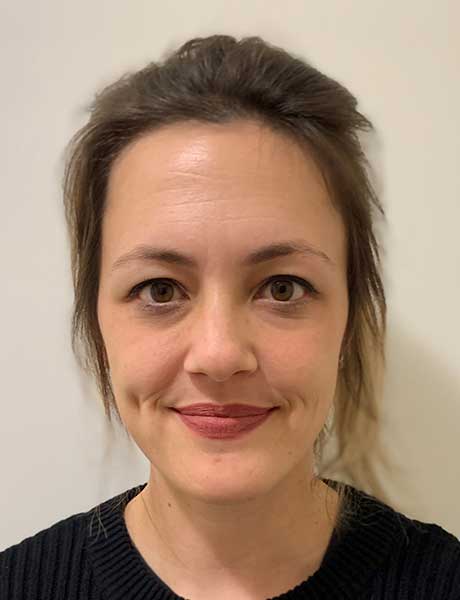Imagine it is your first day on a new ward as a nursing student.
You check your fresh-pressed scrubs that are often too big for you, four pens in your pocket in case any of the brand new pens fail on you for some reason, stethoscope in your pocket, badge perfectly aligned so everyone knows you’re a student and you’re ready to go!
You are excited and nervous as you walk through the hustle and bustle of the once white hallways, now a faded a moth grey from the years of wear and tear. You arrive 30 minutes before your shift and you stop at each door because you have no access swipe card and timidly ask and justify each time why you need to be let through the restricted door.
You think to yourself, only one more semester and it will be ME who has access to the powerful swipe card!
You arrive to your ward ready to save all the patients for the next four weeks (for free!) and no one is expecting you. You begin to doubt yourself, but you are sure you got the right place because you checked your placement 72 times this morning. It seems odd a tertiary hospital is not expecting students, but it has happened the last five semesters, so I guess it is tradition at this point.
You think to yourself, when I am a staff development nurse, I will remember the students are coming!
The day can now go one of two ways: you can have the best or the worst day ever, and surprisingly the patients have no influence.
Scenario A: Best case scenario
This nurse greets you with enthusiasm. Feeling of being part of a team is a rare gem as a nursing student and today you can feel it. Together the day is planned with clear communication on how succeed. The nurse lets you take the lead, because they know in a few months it will be you.
We have a great discussion about nursing journeys and the different pathways available. It’s eight hours of conquering the day, smashing goals and interacting with the patients in such a positive mood because you feel as though you’ve got this!
Scenario B: Worst case scenario
The dreaded student eye roll. Time to receive another lecture about university trained student incompetence. Chipping away your confidence and you say nothing because you are on display and need to be signed off today.
The nurse forbids independence, relegating you to menial, repetitive tasks. You miss out on the exciting learning opportunities. The plus side is, if they get you to the point of tears (as trust me, there will be many times you cry) you can go home a little early. Too bad the nurses think you’re going home because you are slack, when in actual fact, you’re about to work another eight hour shift so you can afford to be on this placement you’re doing.
These scenarios are the experience of thousands of students. It is a fact we know and although we have worked hard to eradicate bad culture, we still have a fair way to go.
Being a nursing student is a tough experience. It is both exciting and exhausting. We face this journey with the daily uncertainty of the personality we will face.
In my first years my biggest concern was a patient was going to have a heart attack in front of me. As it turns out, I can handle this, we’re trained for this. What is the toughest to handle is fronting up to scenario B, where there is limited encouragement and the real strength you learn is to persevere regardless of the circumstances.
As a profession, we must foster a culture of scenario A, a scenario where the nurse empowers the student to be the leader and master the skills they are so desperate to learn with the support of an experienced nursing championing their success.
As a student, it is also important to come equipped with a plan and goals of what you would like to achieve for the day, so the nurse can help to facilitate this experience. When you’re faced with an intimidating mentor, use this opportunity to practice communication skills with the aim of making the day a better experience.
As a profession, we can all do better for all. I use the positive experience as an opportunity to talk about the skills I’ve practiced today and consolidating my knowledge.
In return, I am able to give my perspective and questions why things are done in a particular manner. It is most important to remember despite the stresses of the job, it is a mutual exchange of knowledge and we both acknowledge each other’s value.
Nicole Hibbert MACN
Nicole Hibbert MACN is a Stage Two Emerging Nurse Leader working in Western Australia as a Graduate Registered Nurse. Nicole is passionate about a positive education experience throughout all stages of nursing. You can follow Nicole’s journey on LinkedIn.






